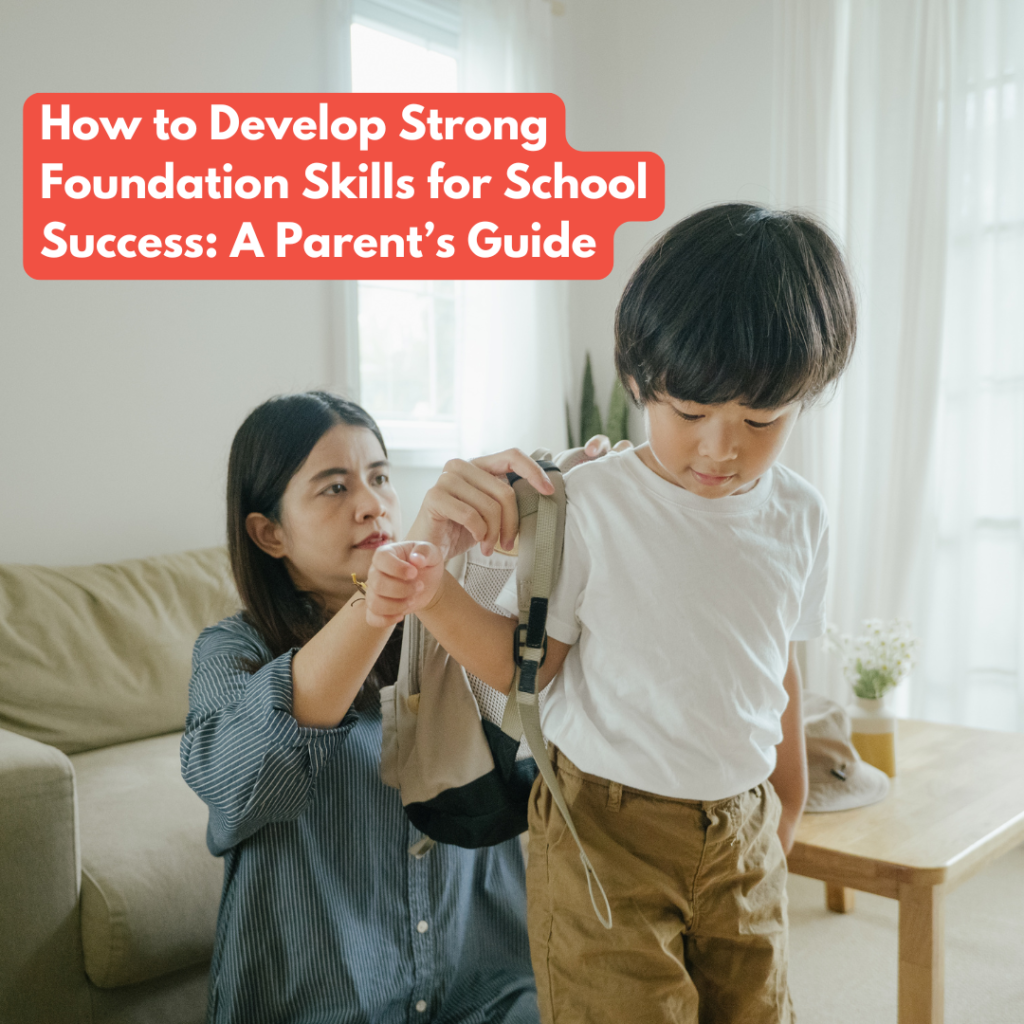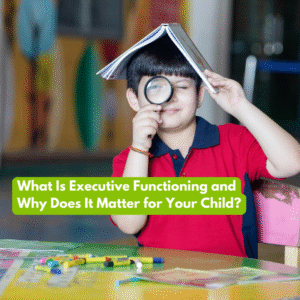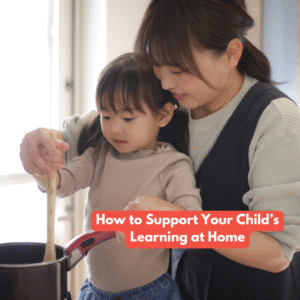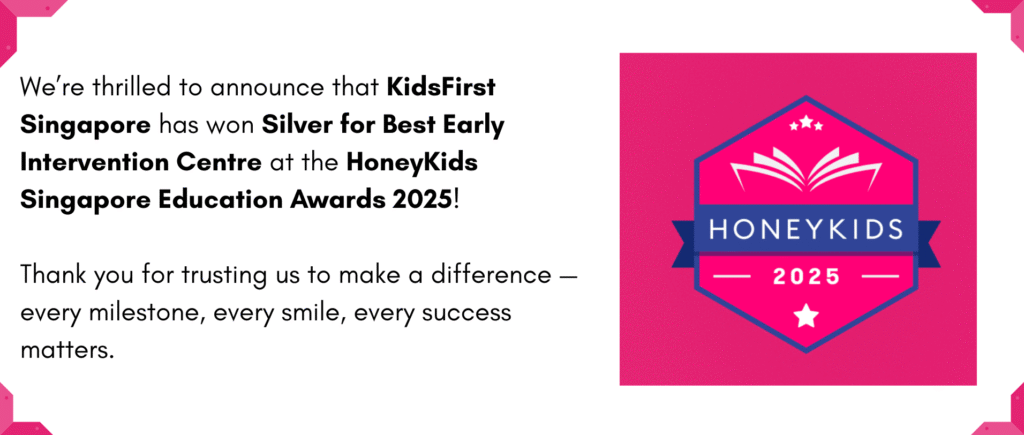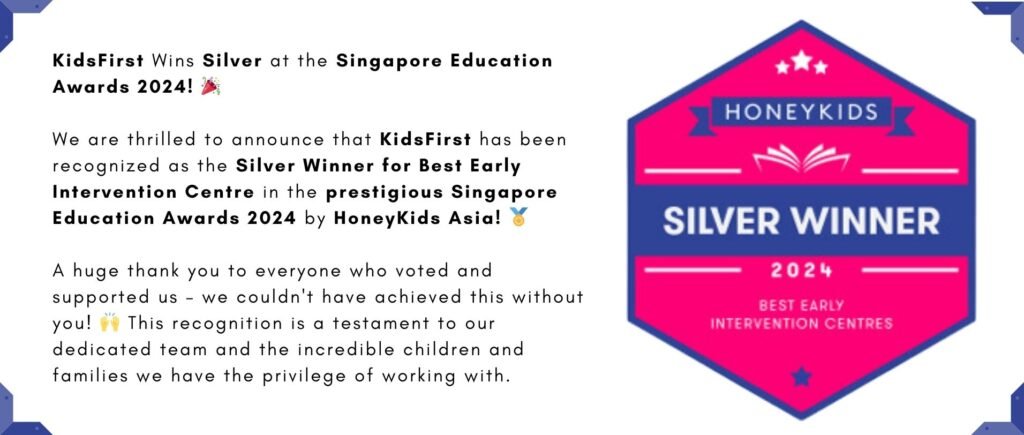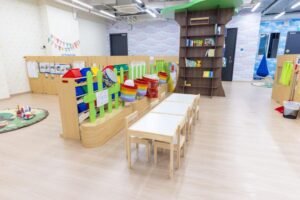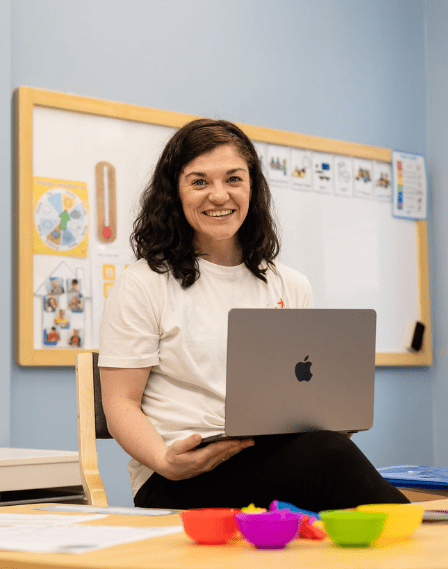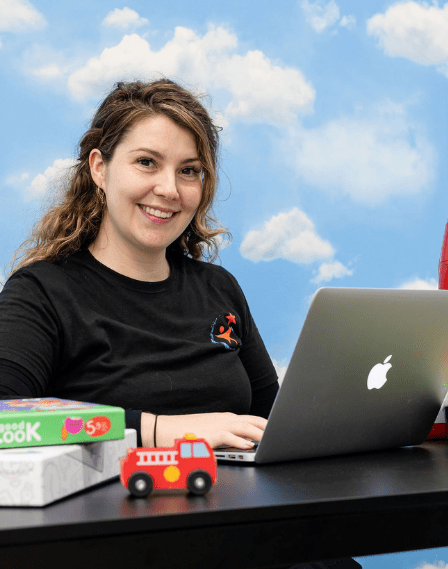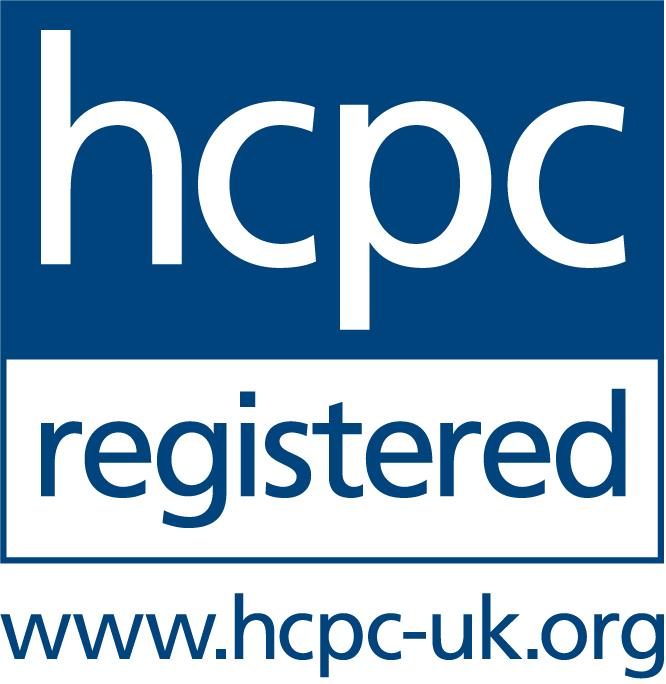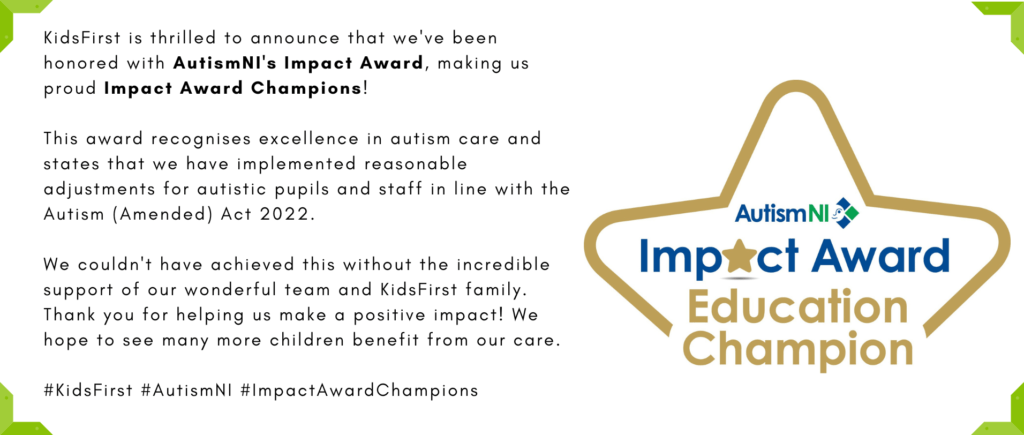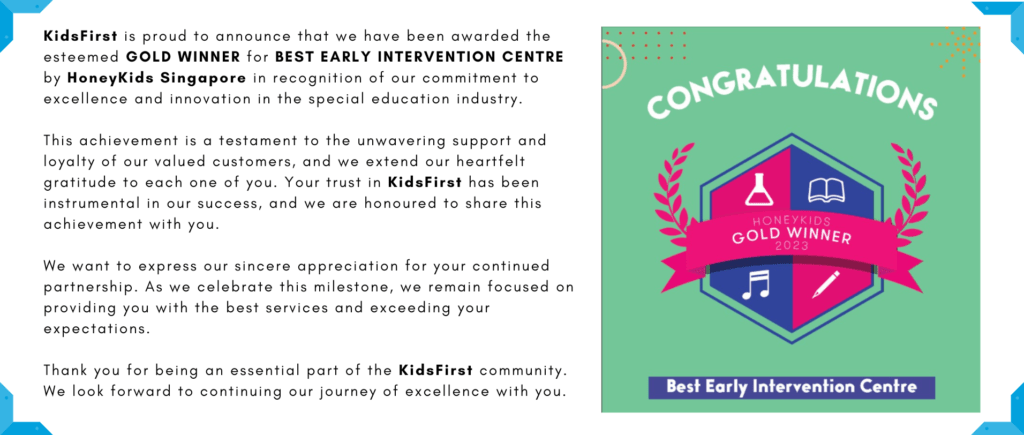Starting school can be both an exciting and overwhelming time for both children and parents. As parents, we all want our children to succeed and feel confident in the classroom. But school success doesn’t happen overnight. It’s built on strong foundation skills that are essential for learning, growth, and emotional well-being. These skills are not just about knowing the ABCs—they encompass everything from emotional regulation to social skills, physical coordination, and beyond.
In this guide, we’ll explore the key foundation skills your child needs for school success and practical tips to help them develop these skills in a fun, supportive way.
Social Skills: Building Healthy Relationships
One of the first skills children need for school success is the ability to interact with peers and adults. Social skills are essential for building friendships, participating in group activities, and following instructions from teachers. These skills include sharing, taking turns, listening, and expressing emotions appropriately.
How to Develop Social Skills:
- Playdates: Arrange playdates or social gatherings where your child can practice interacting with peers.
- Role-Playing: Use role-playing activities at home to teach your child how to approach friendships, share, or ask for help.
- Praise Positive Interactions: Encourage and praise your child when they demonstrate positive social behavior.
Fun Tip: Create a “social skills chart” with your child, rewarding them for positive actions like saying “please” and “thank you” or waiting their turn.
Emotional Regulation: Managing Big Feelings
Emotional regulation is the ability of a child to identify, comprehend, and control their emotions. Children who are able to manage frustration, disappointment, and excitement are better equipped to handle school challenges, transitions, and conflicts with peers.
How to Develop Emotional Regulation:
- Identify Emotions: Help your child name their feelings by saying, “I see you’re feeling upset because you couldn’t find your favorite toy. It’s okay to feel sad, but let’s figure out a solution.”
- Breathing Exercises: Teach simple breathing exercises to calm down during stressful moments. Try counting to three while taking deep breaths.
- Model Calm Responses: Children learn by watching you. Show them how you deal with your own emotions in a calm and constructive way.
Fun Tip: Create an “emotion wheel” with different feelings. Have your child point to how they feel throughout the day, helping them express their emotions and learn how to manage them.
Fine and Gross Motor Skills: Strengthening Body and Mind
Physical skills play a huge role in a child’s success in school. Fine motor skills like writing, using scissors, and drawing help children with academic tasks, while gross motor skills such as running, jumping, and balancing build coordination and confidence.
How to Develop Motor Skills:
- For Fine Motor Skills: Practice drawing, coloring, using playdough, and doing puzzles to strengthen hand-eye coordination and finger dexterity.
- For Gross Motor Skills: Encourage activities like running, jumping, climbing, and swimming to improve strength, coordination, and balance.
- Daily Activities: Simple everyday tasks like buttoning a shirt, zipping up a jacket, or setting the table help build motor skills.
Fun Tip: Set up an obstacle course in your backyard or living room! This is an excellent way to develop both fine and gross motor skills while enjoying the process.
Focus and Attention: Setting the Stage for Learning
A key foundation for school success is the ability to pay attention and stay on task. Children need the ability to focus on their teacher, complete assignments, and sit still during lessons.
How to Improve Focus and Attention:
- Use Timers: Set a timer for short work sessions (5–10 minutes) and reward your child with a short break once the timer goes off.
- Limit Distractions: Create a quiet, distraction-free environment for studying or doing homework. Turn off the TV and silence unnecessary notifications.
- Short Activities: Engage your child in short, focused activities like puzzles or memory games that require sustained attention.
Fun Tip: Use a fun app or game that encourages focus, such as timed challenges or attention-building games like “Simon Says.”
Language Development: Enhancing Communication Skills
Strong language skills—both verbal and non-verbal—are essential for school success. A child with good language skills can understand instructions, express their thoughts clearly, and engage with others in a meaningful way.
How to Develop Language Skills:
- Read Together: Reading daily is one of the best ways to build vocabulary and comprehension skills. Ask your child questions about the story to engage their thinking.
- Encourage Conversations: Engage your child in discussions throughout the day. Ask them about their experiences and listen attentively to their responses.
- Expand on Their Words: If your child says, “I see the dog,” expand on that by saying, “Yes, the dog is running really fast!” This helps build vocabulary and sentence structure.
Fun Tip: Turn everyday tasks into language-building activities! For example, make a game of naming all the items in the grocery store or describing the colors and shapes of objects around them.
Independence and Self-Sufficiency: Fostering Confidence
Fostering independence is essential for getting your child ready for school. The ability to complete tasks on their own—like dressing themselves, cleaning up, and following a routine—boosts their confidence and self-esteem.
How to Encourage Independence:
- Create a Routine: Having a consistent routine helps your child know what to expect and gives them a sense of control.
- Give Them Responsibility: Let your child take on age-appropriate responsibilities, such as feeding pets, picking up toys, or helping with simple chores.
- Encourage Self-Help Skills: Teach your child to dress themselves, wash their hands independently, and pack their school bag.
Fun Tip: Make a chart with pictures of daily tasks (like brushing teeth or making their bed). Your child can check off each task as they complete it, giving them a sense of accomplishment.
Setting the Foundation for Success
The foundation skills your child develops today are the building blocks for their success in school and life. From emotional regulation to fine motor skills, every skill plays a role in helping your child feel confident and prepared for the classroom.
At KidsFirst, we offer developmental programs designed to support your child’s growth in these key areas. Whether it’s through speech therapy, occupational therapy, or school readiness programs, we’re here to guide your child every step of the way.
Ready to set your child up for success? Contact us today to learn more about how we can help your child develop the foundation skills they need to thrive!

